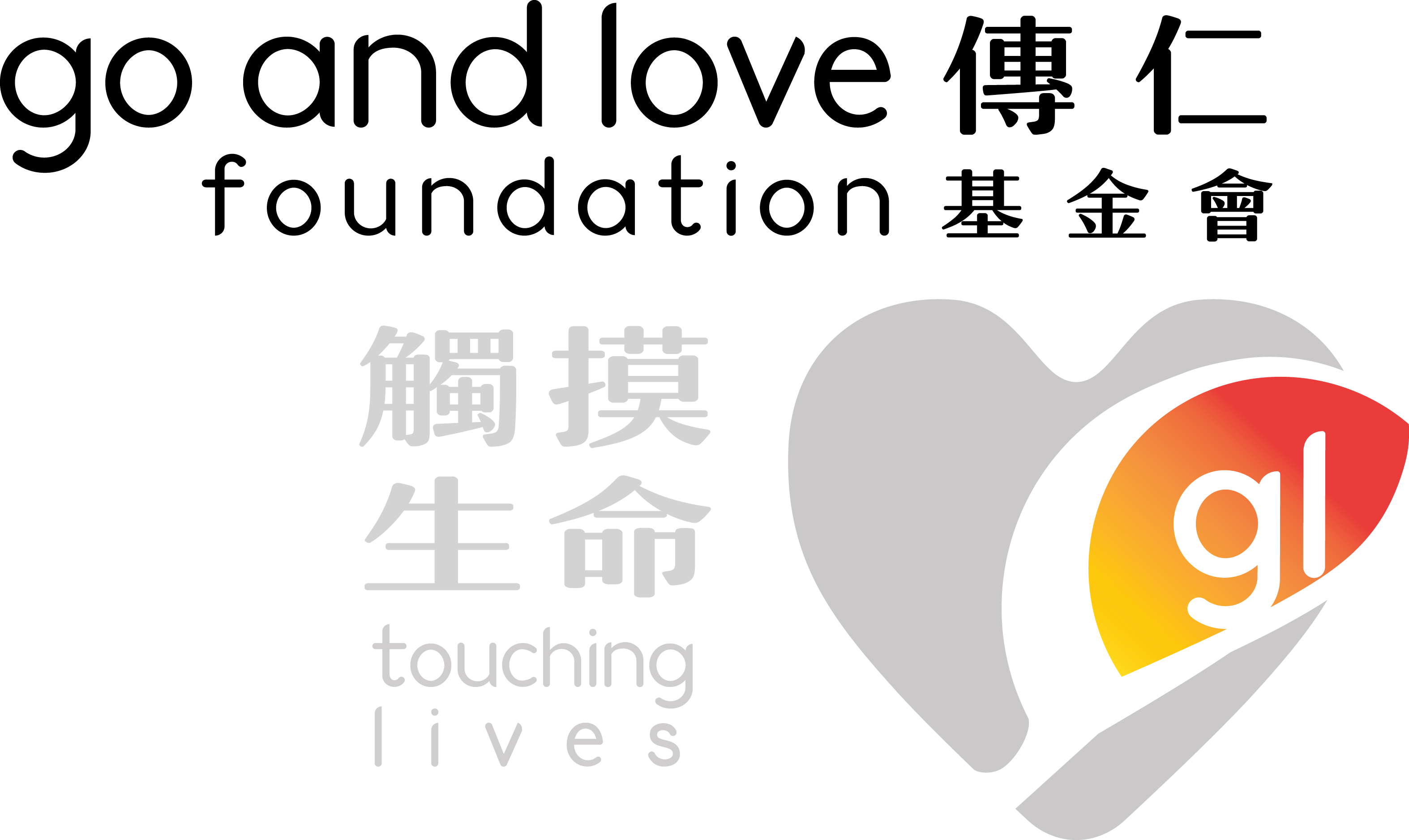
Constraint and Bondage
By Betty Chou
A middle school student left a letter for her teacher explaining how she could not take the pressure to study anymore before jumping off a building to end her young life. All who heard about this event were saddened by this casual loss of life and, at the same time, wondered what is wrong with today’s education. After consulting a number of educators, I came to realize that many cultural and traditional expectations led to the various problems in education. Despite the efforts of educational entities to institute educational reform, they have not been able to break out of the constraint and bondage set by culture and tradition. While I am not an expert in this fi eld, I would like to express my humble opinion here. I hope our next generation will no longer be subjected to this bondage so that they may freely study and grow.
What are the reasons in today’s education that makes it so hard for young people?
Methodology in education: I understand that education for students in East Asia consists in unified teaching material, inflexible teaching techniques, and learning by memorization. Students swallow information thrust down their throats and memorize it in order to pass their exams. This kind of methodology emphasizes the transmission of knowledge but deemphasizes the fostering of students’ independent thinking and creativity. From the perspectives of the parents and the teachers, as long as the students earn good grades, nothing else matters. As a result, the students are strong learners but lack in their ability to confront problems independently. In contrast, the educational methodology used in Western societies stresses the importance of pragmatic, multifaceted sensory learning. The goal is to uncover students’ interests and special skills and to encourage independence and creativity. Once, I had an opportunity to visit some of the museums and science halls in Washington, D.C., capital of the United States. While there, I noticed several teachers guiding their elementary and middle-school students through the exhibits, providing them with an opportunity to explore and discover knowledge, opening the door to independent thinking. Considering the differences between Eastern and Western education, we can see that beginning in childhood, children in the West are encouraged to ask questions, to learn to face problems, and to solve them. Upon graduating from college, therefore, they can already be independent and undertake social responsibilities. By contrast, the children who are educated according to the methodologies of the East are lacking in independent thinking and the courage to challenge the authority. When they face difficulties, they often have no solutions and may even choose to avoid confronting them.
The pressure of additional studies: Children in the countryside have independent study both in the morning and in the evening, in addition to attending regular classes. Similarly, children in the city have to attend tutoring sessions after their regular classes. The great-grandson of my aunt is only in first grade, but he has to attend tutoring sessions after class. As a result, he does not have enough time to take a break, let alone time to play. The pressure of these heavy school bags have deprived children like him the joys of childhood. Their examination grades and the question of whether they will be admitted to a renowned school directly affects their status, affirms their self-worth, and even determines their future plans. The pressure that many young people feel during the period of the national college entrance examination or the application for college admissions often makes them so depressed that they may turn to medication for relief or, in severe cases, commit suicide by jumping off a tall building, or lying on railroad tracks, or inhaling carbon monoxide. The situation has become increasingly worse. Three years ago, a 16-year-old Chinese American youth of a superior high school in Palo Alto, California, committed suicide by lying on railroad tracks as a result of the enormous pressure that he had felt. For young people, is attending a university the only way out? A Chinese saying goes, “There are 360 professions; every profession produces its own leading authority.” The saying means that it does not matter what profession people choose, as long as they work hard, they can achieve success. But how many people actually understand this?
Parents’ expectations: Many Chinese-Americans in the United States especially put a high premium on their children’s grades. They would go to any length to replicate the example of Mengtze’s mother, who moved three times in order that her son would grow up in a sound environment. Regardless of how high the housing cost, they would move to an area near a superior school so that their children could be admitted to an Ivy League school. Nevertheless, after being admitted to a renowned school, some of the young people are forced to drop out because their grades could not measure up. Some young people feel so exhausted from studying that they would give up studying and become enamored of the Internet day in and day out. Also, in order to show that their children are exceptional, some parents expect their children to excel not only in academics but also in all kinds of competitions in addition to handling a heavy load of academic work. Seemingly unaware of the undue pressure they are thus putting on their children, these parents are overly focusing on their children’s academic achievement and trophy-winning at the expense of character building and emotional development. Consequently, children who are overly protected by their parents can hardly face any pressure, setback, and failure. I once counseled a young woman who had earned a doctorate degree. She was extremely depressed because her work performance was not applauded by her supervisor, which made her feel that her existence had no value.
I recently saw a video that deeply moved me. It was a speech given by Supreme Court Justice John Roberts at his son’s graduation ceremony, in which he said,
The commencement speakers will typically wish you good luck and extend good wishes to you. I will not do that and I’ll tell you why. From time to time in the years to come, I hope you will be treated unfairly, so you will come to know the value of justice. I hope you will suffer betrayal, because that will teach you the importance of loyalty. Sorry to say, but I hope you will be lonely from time to time, so that you don’t take friends for granted. I wish you bad luck again from time to time, so that you will be conscious in the role of chance in life and understand that your success is not completely deserved and that the failure of others is not completely deserved either. . . I hope you will be ignored, so you know the importance of listening to others. And I hope you will have just enough pain to learn compassion. Whether I wish these things or not, they are going to happen… People say to be yourself because they want you to resist the impulse to conform to what others want you to be. But you can’t be yourself if you don’t learn who you are. And you can’t learn who you are unless you think about it. The Greek philosopher Socrates said, ‘the unexamined life is not worth living’.
Conclusion: When faced with pressures from school, family, society, and self, children need help through smooth and normal channels. Being admitted to a prestigious university is not the only way to success. Bill Gates never completed his college education, but he achieved success by striking out and creating his own world. Every child has his or her uniqueness and special talent. Parents should learn to let go and to respect their children. They should try not to compare their children with other people’s children. Instead, they should put a high premium on their children’s character, intelligence, physical fitness, and relationship with others. They should help their children to grow healthily by learning how to reduce the pressure of academic work and how to deal with their emotions.
When Go and Love Foundation conducts assessments of financial aid, its representatives devote most of their time to encourage and communicate with the students in order to help them learn how to reduce the academic and financial pressure in their lives. To be honest, what we can do is quite minuscule, but we can still do our best to encourage them and love them.
